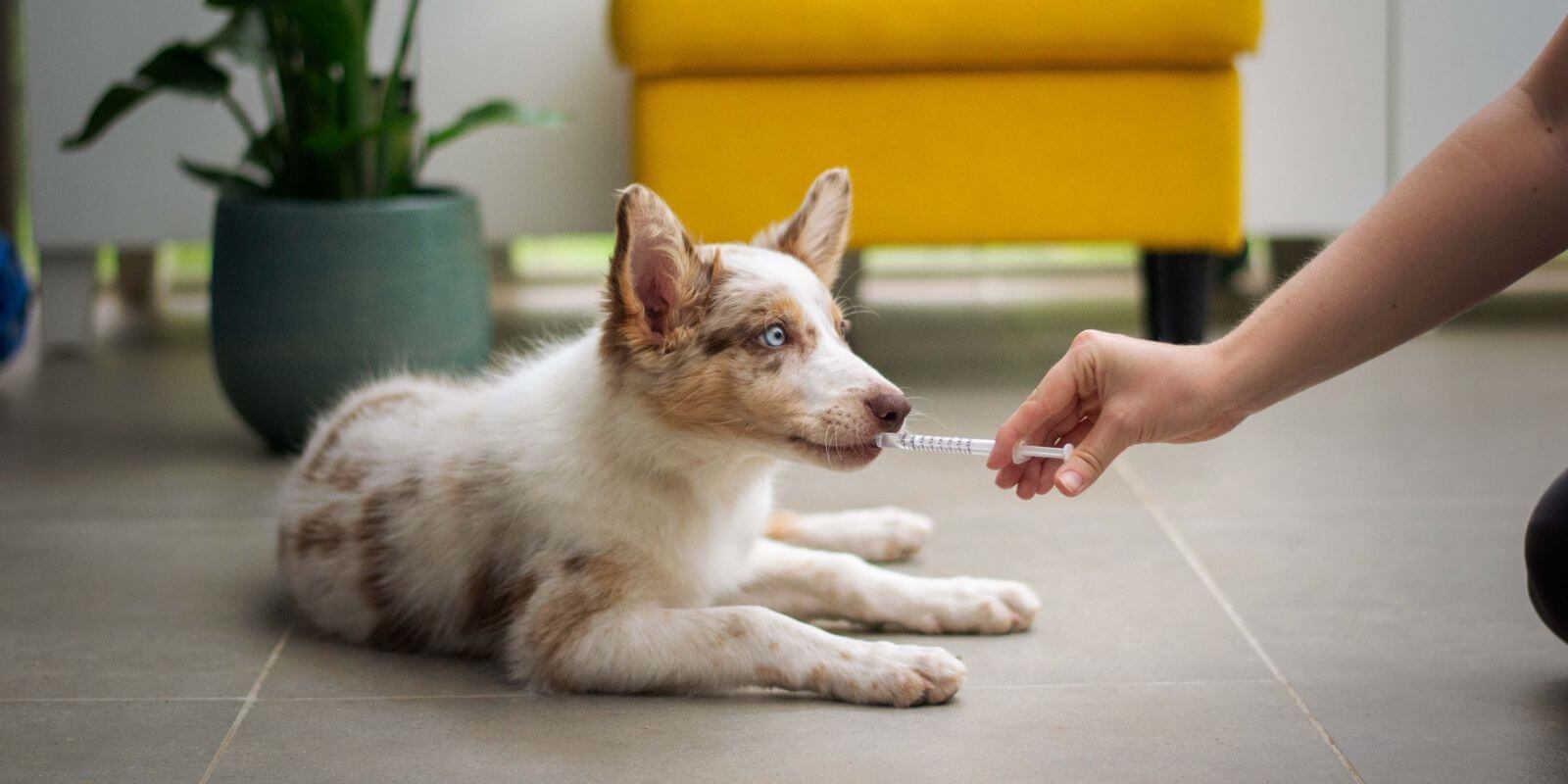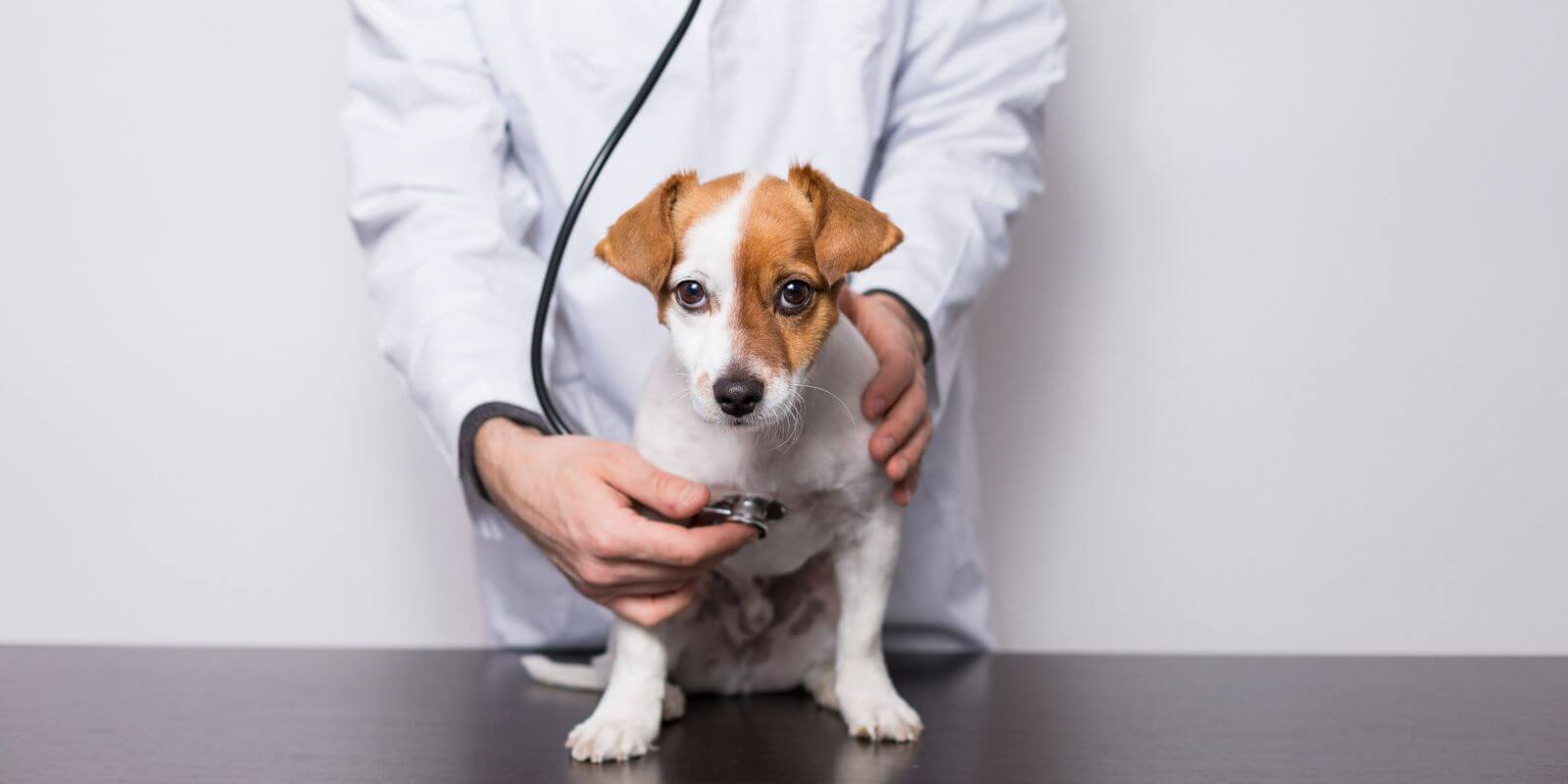As a pet owner, you might know to bring your pet to the vet in case of emergency or to catch up with their vaccinations. But you may not know how often you should take your pet in for routine checkups and wellness exams.
The first year of your pet’s life is especially important when it comes to regular vet visits. Then, regular checkups may be needed throughout their adult life and into old age.
In this guide, we cover veterinarians’ recommendations for how often you should bring your dog or cat to the vet based on their age and health status.
Table Of Content
- Annual Vet Visits for Cats and Dogs
- Year 1: Your Pet’s First Vet Visit
- How Often Should I Take My Puppy to the Vet?
- How Often Should I Take My Kitten to the Vet?
- How Often Should My Pet Have a Wellness Exam?
- When Else Will My Pet Need a Visit to the Vet?
- When Should I Take My Pet to the Vet Immediately?
- Can Pet Insurance Pay for Vet Visits?
Annual Vet Visits for Cats and Dogs
Veterinarians recommend that you take your cat or dog to the vet at least once per year for an annual checkup. For puppies and senior pets, more frequent visits are recommended to ensure they are caught up on their vaccinations and are screened for diseases and health issues.
Your pet may require additional visits depending on where you live. For example, if you live in an area that’s prone to tick infestations, regular checkups for Lyme disease may be needed.
Year 1: Your Pet’s First Vet Visit

Regardless of where you find your furry friend, be it a breeder, shelter, or rescue organization, it’s recommended that you immediately take them for an initial check-up.
A veterinarian will conduct a thorough exam to ensure your pet has no diseases or underlying health issues. This will allow you to catch any health conditions early or otherwise walk away confident that your pet has a clean bill of health.
After the initial introduction visit to your veterinarian, puppies and kittens will require a series of vaccines, usually a month apart for the first few months to ensure they are fully protected against common diseases.
Introducing your pet to the vet early will not only set them on the right track health-wise but also help them become more comfortable with visiting the vet in the future.
How Often Should I Take My Puppy to the Vet?

Taking your puppy to the vet is essential for their health and well-being. Their first year of life will typically involve several vet visits and then this will taper off into adulthood.
Here's the typical schedule for puppy veterinary visits, along with corresponding vaccinations:
6-8 Weeks:
This is when your puppy will likely receive their first round of core vaccines, including distemper, parvovirus, and adenovirus. The vet will likely conduct a fecal exam to check for intestinal parasites.
10-12 Weeks:
This visit should occur a few weeks after the first one. This is when your puppy will receive boosters for the core vaccines, plus vaccines for Bordetella. Your vet may also recommend starting heartworm prevention medication.
14-16 Weeks:
This is the final visit in the puppy series. Your puppy will receive the last set of core vaccines. In some areas, the rabies vaccine may be administered at this visit. If not done so already, your vet may recommend that you microchip your puppy for identification.
6 Months:
This is a good time to discuss the appropriate time for spaying or neutering with your vet. Most pet owners also begin scheduling regular dental care and teeth cleanings.
How Often Should I Take My Kitten to the Vet?

Kittens follow a similar schedule as puppies when it comes to their first year of vet visits.
Here's the typical schedule for kitten veterinary visits, along with corresponding vaccinations:
6-8 Weeks:
This is usually when your kitten will receive their first round of core vaccines, including feline viral rhinotracheitis, calicivirus, and panleukopenia (FVRCP). A fecal exam may be done to check for intestinal parasites.
10-12 Weeks:
At their second visit, your kitten will likely receive boosters for the core vaccines (FVRCP).
They may also receive the Feline Leukemia (FeLV) Vaccine and a second fecal test may be issued to ensure your kitten is parasite-free.
14-16 Weeks:
This is the final visit in the kitten vaccine series. Your kitten will receive the last set of core vaccines (FVRCP) and, depending on local laws and regulations, a rabies vaccine. This is also a good time to consider microchipping your kitten for identification.
6 Months:
Discuss the appropriate time for spaying or neutering with your vet. You should also begin regular dental care and teeth cleanings.
How Often Should My Pet Have a Wellness Exam?

Once your pet has been either spayed or neutered – and as long as no medical issues arise – you should take your pet in for a wellness exam once per year. As your pet gets into their senior years, you should take them to the vet sem-annually (more often, if they have health issues).
Take your pet in for vaccine boosters
Depending on your vet's recommendations and your pet's lifestyle, boosters for core vaccines may be administered. They may also suggest checking for parasites and heartworm disease annually.
Stay on top of monthly preventives
Be sure to administer monthly heartworm and flea/tick preventives as recommended by your vet. Most vet clinics will provide refills of these, at cost. Follow your vet’s recommendations for preventive care, exercise, and diet to keep your pet as healthy as possible.
Always consult with your veterinarian to create a personalized schedule based on your pet’s specific needs, health history, and regional disease risks.
When Else Will My Pet Need a Visit to the Vet?
Apart from routine wellness exams, there will likely be other times your pet needs to go to the vet. Unexpected illnesses, injuries, and health emergencies can arise, so it’s important to keep this in mind.
Your pet may show signs of illness or discomfort, warranting a visit to the vet. Believe it or not, cats and dogs can catch colds (and other illnesses) much like humans do, so it can be helpful to go to the vet to inquire about the appropriate treatment.
Other times, the conditions may be more serious. Diseases, injuries, and life-threatening health issues may require an emergency vet visit. Your vet will be able to explain the next course of action, prognosis, and treatment options, if applicable.
When Should I Take My Pet to the Vet Immediately?
Routine checkups are one thing, pet emergencies are another! You should take your pet to the vet immediately or seek emergency veterinary care if you notice any of the following signs or symptoms:
- Difficulty breathing
- Severe injury or trauma
- Uncontrolled bleeding
- Seizures
- Loss of consciousness
- Bloated or distended abdomen
- Inability to urinate
- Sudden paralysis
- Heatstroke
- Poisoning
- Severe allergic reaction
- Uncontrolled vomiting
- Uncontrolled diarrhea
- Difficulty giving birth
- Eye Injury
- Extreme lethargy or fainting
Remember, when in doubt, it's always better to err on the side of caution. Seek immediate veterinary care if you think your pet is in crisis. If you're unsure whether a situation is an emergency, you can call your veterinarian or an emergency animal hospital for guidance.
Can Pet Insurance Pay for Vet Visits?

Veterinary clinics and hospitals can be life-saving when it comes to serious illnesses and pet emergencies. However, veterinary care can be costly, so it’s important to be prepared.
Pet health insurance can help cover the cost of emergency vet visits, unexpected illnesses, and injuries. While most pet insurance providers don’t cover preventive care, like routine checkups, many veterinary clinics offer wellness plans to discount the costs of wellness exams and vaccines.
Furkin helps cat and dog owners by covering up to 80% of eligible vet expenses. This can include injuries, surgeries, diseases, and other pet emergencies. This can be a huge financial relief to pet owners who want to prioritize their pet’s health and wellbeing.
The hope is, that over the lifetime of your pet, you will never experience any major problems leading to expensive vet visits. However, should you need to make an unexpected visit to the vet, and most of us will, having pet insurance can bring peace of mind. Get a quote from Furkin today and learn more about our pet insurance plans!



